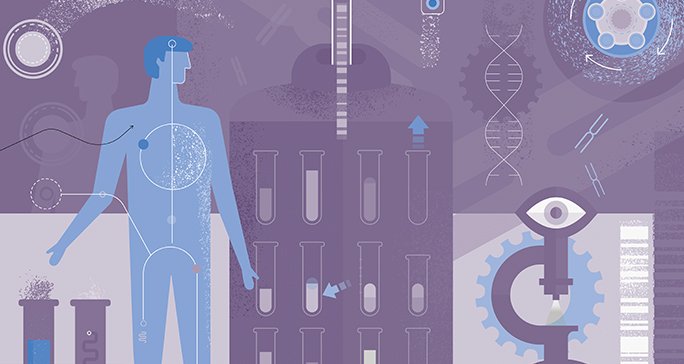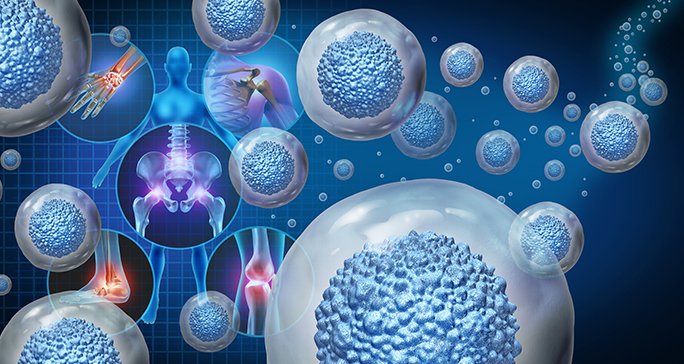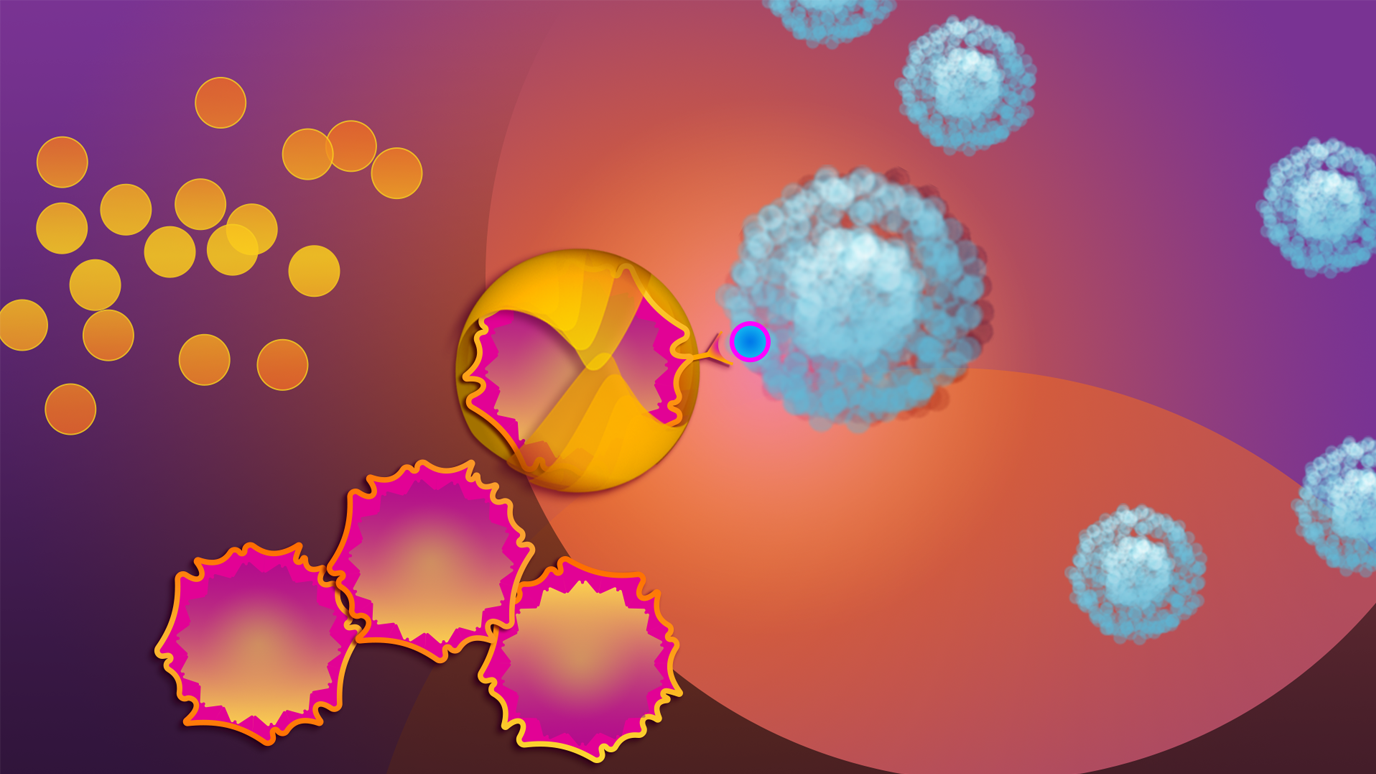- Diseases
- Acoustic Neuroma (14)
- Adrenal Gland Tumor (24)
- Anal Cancer (68)
- Anemia (2)
- Appendix Cancer (16)
- Bile Duct Cancer (26)
- Bladder Cancer (72)
- Brain Metastases (28)
- Brain Tumor (232)
- Breast Cancer (714)
- Breast Implant-Associated Anaplastic Large Cell Lymphoma (2)
- Cancer of Unknown Primary (4)
- Carcinoid Tumor (8)
- Cervical Cancer (158)
- Colon Cancer (166)
- Colorectal Cancer (116)
- Endocrine Tumor (4)
- Esophageal Cancer (44)
- Eye Cancer (36)
- Fallopian Tube Cancer (8)
- Germ Cell Tumor (4)
- Gestational Trophoblastic Disease (2)
- Head and Neck Cancer (12)
- Kidney Cancer (128)
- Leukemia (342)
- Liver Cancer (50)
- Lung Cancer (286)
- Lymphoma (278)
- Mesothelioma (14)
- Metastasis (30)
- Multiple Myeloma (100)
- Myelodysplastic Syndrome (60)
- Myeloproliferative Neoplasm (4)
- Neuroendocrine Tumors (16)
- Oral Cancer (100)
- Ovarian Cancer (172)
- Pancreatic Cancer (160)
- Parathyroid Disease (2)
- Penile Cancer (14)
- Pituitary Tumor (6)
- Prostate Cancer (146)
- Rectal Cancer (58)
- Renal Medullary Carcinoma (6)
- Salivary Gland Cancer (14)
- Sarcoma (238)
- Skin Cancer (294)
- Skull Base Tumors (56)
- Spinal Tumor (12)
- Stomach Cancer (64)
- Testicular Cancer (28)
- Throat Cancer (92)
- Thymoma (6)
- Thyroid Cancer (96)
- Tonsil Cancer (30)
- Uterine Cancer (80)
- Vaginal Cancer (16)
- Vulvar Cancer (20)
- Cancer Topic
- Adolescent and Young Adult Cancer Issues (20)
- Advance Care Planning (10)
- Biostatistics (2)
- Blood Donation (18)
- Bone Health (8)
- COVID-19 (362)
- Cancer Recurrence (120)
- Childhood Cancer Issues (120)
- Clinical Trials (630)
- Complementary Integrative Medicine (22)
- Cytogenetics (2)
- DNA Methylation (4)
- Diagnosis (232)
- Epigenetics (6)
- Fertility (62)
- Follow-up Guidelines (2)
- Health Disparities (14)
- Hereditary Cancer Syndromes (126)
- Immunology (18)
- Li-Fraumeni Syndrome (8)
- Mental Health (116)
- Molecular Diagnostics (8)
- Pain Management (62)
- Palliative Care (8)
- Pathology (10)
- Physical Therapy (18)
- Pregnancy (18)
- Prevention (912)
- Research (392)
- Second Opinion (74)
- Sexuality (16)
- Side Effects (604)
- Sleep Disorders (10)
- Stem Cell Transplantation Cellular Therapy (216)
- Support (402)
- Survivorship (320)
- Symptoms (182)
- Treatment (1786)
Cord blood provides a life-saving option
BY Judy Overton
2 minute read | Published April 03, 2013
Medically Reviewed | Last reviewed by an MD Anderson Cancer Center medical professional on April 03, 2013
The psalmist wrote, "From the mouth of infants and nursing babes, Thou hast established strength." For more than 20 years, from the cord blood of babes, cancer patients have gotten a second chance at life.
Flavio Lopes Ferraz is one of them.
Bone marrow provides the standard of care transplant, but the Brazilian attorney found himself without a viable family marrow donor when he was diagnosed with leukemia seven years ago. His only option: cord blood.
"Our first choice is always to find a donor in the family," says Elizabeth Shpall, M.D., professor in the Department of Stem Cell Transplantation and medical director of MD Anderson's Cord Blood Bank.
"However, usually only one in four patients has a member in the family who can donate marrow, because of the gene pool and how the genes combine," Shpall says.
Lifeline to a cure
With the first cord blood transplant performed in France in 1988, physicians found cord blood -- rich in blood-forming cells -- provided another option toward a cure for patients with leukemia, lymphoma and other life-threatening cancers and blood diseases.
So instead of discarding the placenta and cord blood after babies are born, some hospitals bank and store them for future use. The donations are then added to the National Marrow Donor Program, our nation's stem cell registry.
"In recent years, we've gone outside the family to the National Marrow Donor Registry, where seven million donors have registered to donate their cells," Shpall says.
Give the gift of life
It's free to donate to a public bank like MD Anderson. However, banking cord blood at a private bank can cost more than $2,000 with a yearly fee of $100.00 to store.
Shpall suggests making an anonymous donation. It could make the difference, as it did for Flavio Lopes Ferraz, who, this year, celebrates his seventh year of cancer survivorship, alongside his triplets' third birthday.
Related Cancerwise Stories






